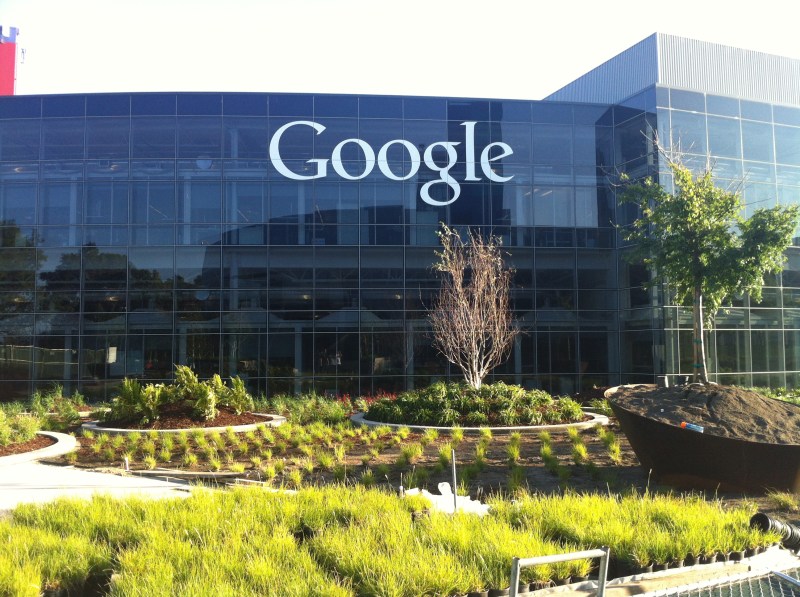Big Tech monopolies now pose an existential threat to our representative republic. This Wednesday, social media platforms Twitter and Facebook engaged in what can only be deemed as full-scale electoral interference and free speech discrimination by blocking the sharing of a publication piece from the New York Post containing information regarding Hunter Biden’s business ties to a large Ukrainian energy company, Burisma. At the center of the scandal is a fundamental question we must ask ourselves as citizens of this democracy: Who controls the definition of truth?
For the entirety of the 21st century, Big Tech platforms have been granted a legal shield designed for internet companies under Section 230 of the Communications Decency Act of 1996. Designed for a radically different internet than what now exists, created long before the creation of Facebook, Google, Twitter and Instagram, the CDA was expressly designed to foster the growth of the early internet. Perhaps even more notable than the CDA’s outdated nature, the law has clear legal loopholes that these firms have exploited for their own benefit. One such loophole arises as a result of the distinction between the definition of content “providers” (i.e. newspapers) and content “distributors” (i.e. newspaper stands). Distributors are deemed as passive channels of information and can therefore only be held responsible for the publication and distribution of content they know is illegal. As distributors, these firms can dictate any and all content on their platforms without legal repercussions.
Platforms such as Facebook have been granted immunity under these definitions from the federal government by naming them content distributors or “neutral information streams.” With few repercussions in place from the federal government, tech platforms are able to decide for themselves what is and is not allowed on their platforms, concentrating power in the hands of these firms. This allows large internet companies to engage as arbiters of truth by single-handedly controlling what is allowed to be circulated throughout their digital space, and in an era where a majority of content is distributed from a handful of platforms, these firms are exercising unjust monopolistic power.
The New York Post scandal is a haunting example of the CDA run amok. Facebook Policy Communication Director Andy Stone, who formerly worked for the Democratic House Majority PAC, took to Twitter to outline the company’s policies in regards to the sharing of the New York Post article, tweeting:
“While I will intentionally not link to the New York Post, I want be clear [sic] that this story is eligible to be fact checked by Facebook’s third-party fact checking partners. In the meantime, we are reducing its distribution on our platform.” (Emphasis added.)
Stone’s ties to one of the leading Democratic PACs would cause anyone to raise an eye to the clear partisan nature of Facebook’s communication decision. Regardless of partisan affiliation, Big Tech platforms should seek to engage in their public policy from a non-partisan lens, not censor speech that disagrees with their staff’s ideological bend. Facebook’s claim of what is, essentially, “due diligence” fact-checking is harmful information suppression given the looming date of the November election. The constitution guarantees a right to freedom of speech under the First Amendment, and this decision by the platforms poses clear threats to our cherished constitutional liberties.
This controversy comes from a long lineage of censorship on behalf of Big Tech giants, who have repeatedly sought to remove content deemed as “misinformation.” While the publication of truthful information is vital to our democratic infrastructure, the issue arises in who gets to define “misinformation” and truth. For the better part of this century, Big Tech platforms have reigned supreme jurisdiction over “truth” by being able to censor content they deem to be harmful. In our democracy, the people should have access to a variety of information and decide for themselves what’s truthful and what isn’t. To make a wide-ranging decision such as this is to tell the American public they are incapable of thinking for themselves.
This comes at a critical moment in our democracy; there are only weeks until elections take place up and down the ballot across the country. In a case such as this one, the impact of this discretion is two-fold. Not only is this an assault on freedom of speech, but it is also a form of election interference.
The New York Post story has spurred leaders in Congress on both sides of the aisle to action. Senator Ted Cruz took to Twitter to criticize Twitter’s actions and is calling for the CEOs of both companies — Mark Zuckerberg and Jack Dorsey, respectively — to testify in the Senate Judiciary Committee the nature of their company’s election policies. Cruz has asserted that Big Tech monopolies are “drunk with power.” Senator Josh Hawley, Stanford alumnus, is doing the same. Both firms will be subpoenaed in the coming days as senatorial Big Tech critics hope to hold hearings before Election Day.
The future of American democracy hangs in the balance of the coming fight against Big Tech’s monopolistic practices in the digital era. This will be a battle that will define the future nature of our electoral process, our legal system, and our constitutional rights. Regardless of partisan affiliation, it’s clear Big Tech’s assertion of power is anything but constitutional, and it is paramount that we, as citizens, stand strong in our call for non-partisan public policy reigning in these firms.
Contact Chaze Vinci at cvinci ‘at’ stanford.edu.
The Daily is committed to publishing a diversity of op-eds and letters to the editor. We’d love to hear your thoughts. Email letters to the editor to eic ‘at’ stanforddaily.com and op-ed submissions to opinions ‘at’ stanforddaily.com.
